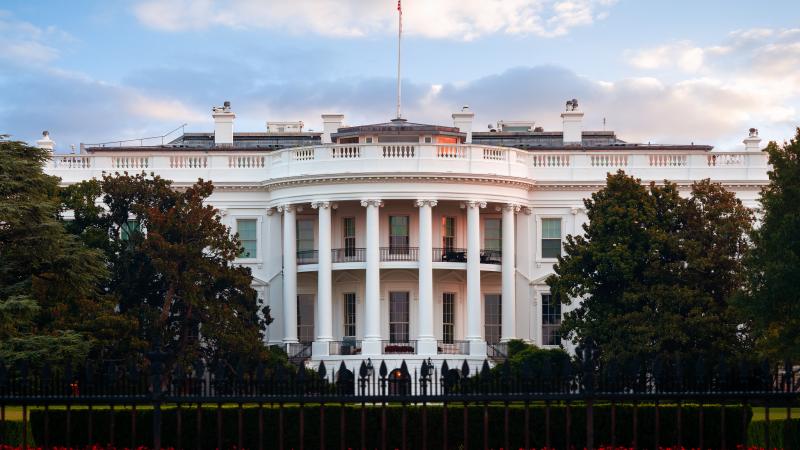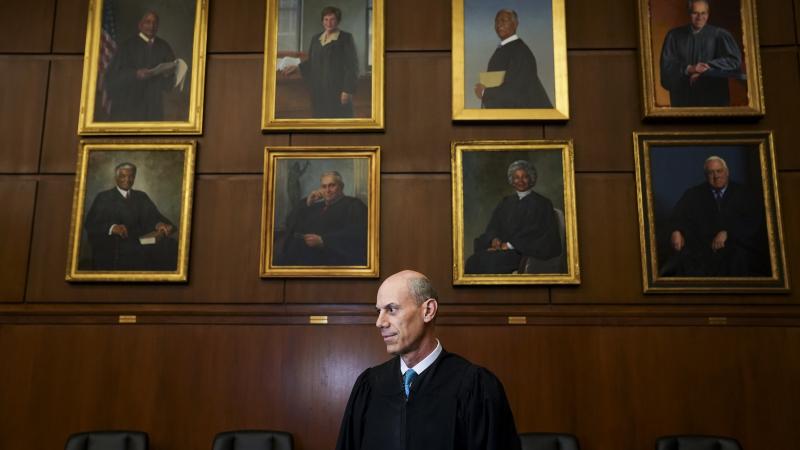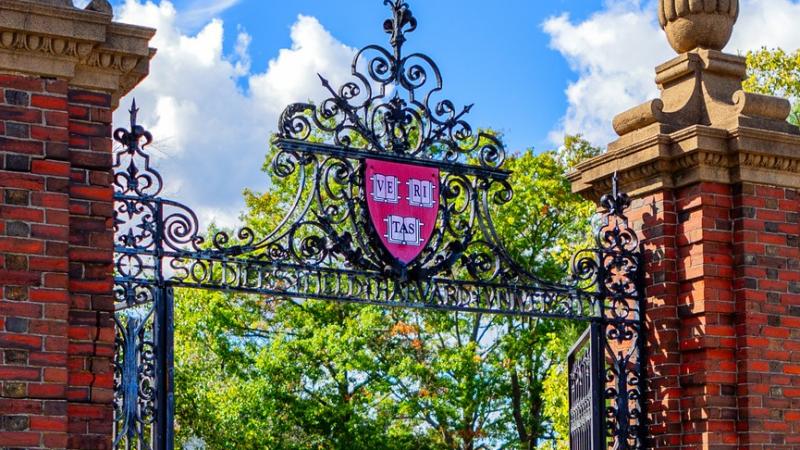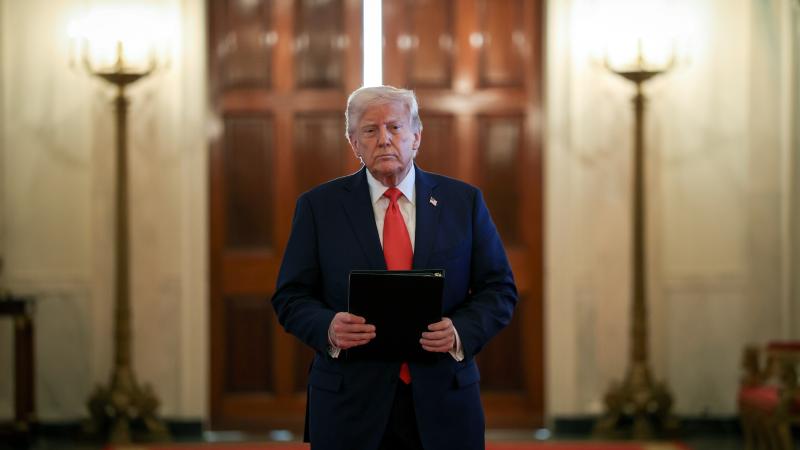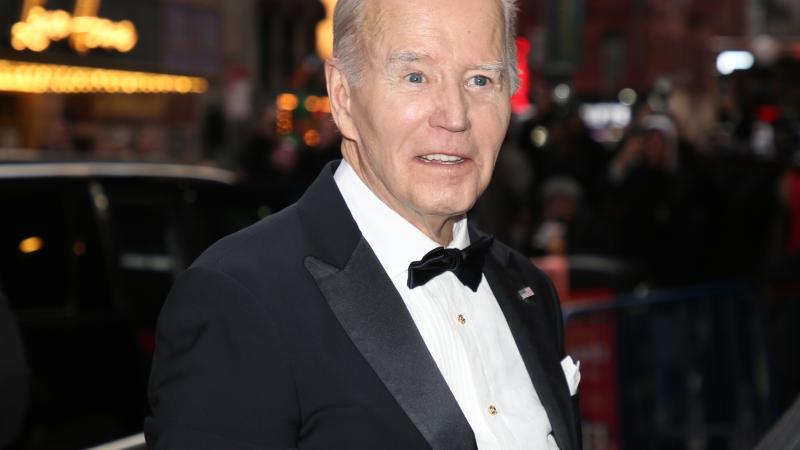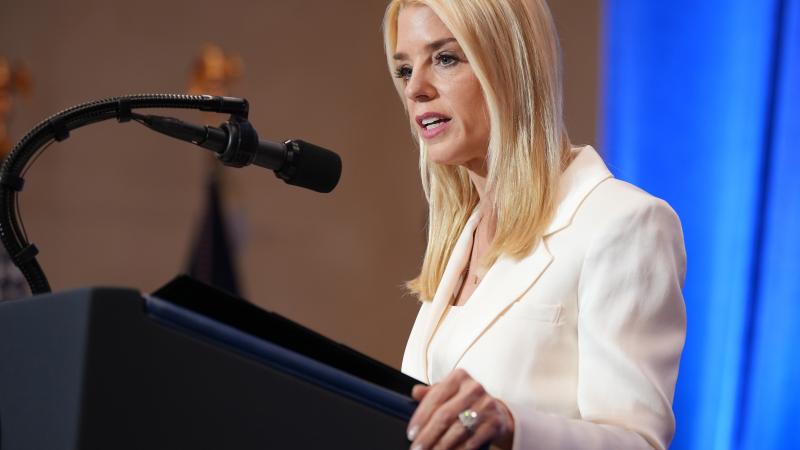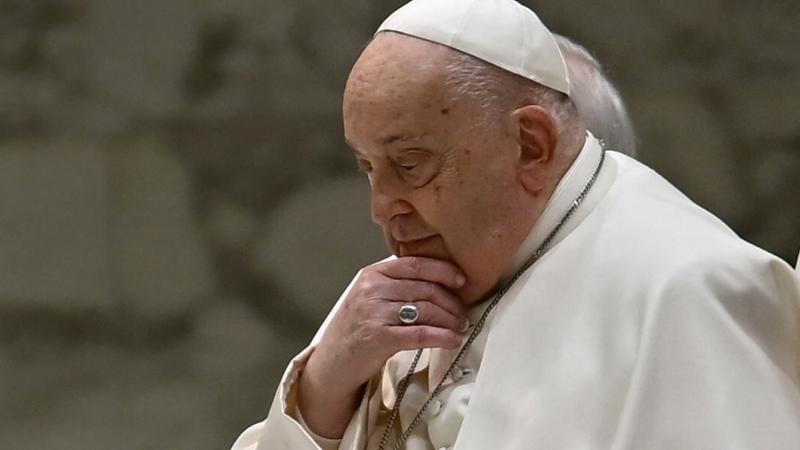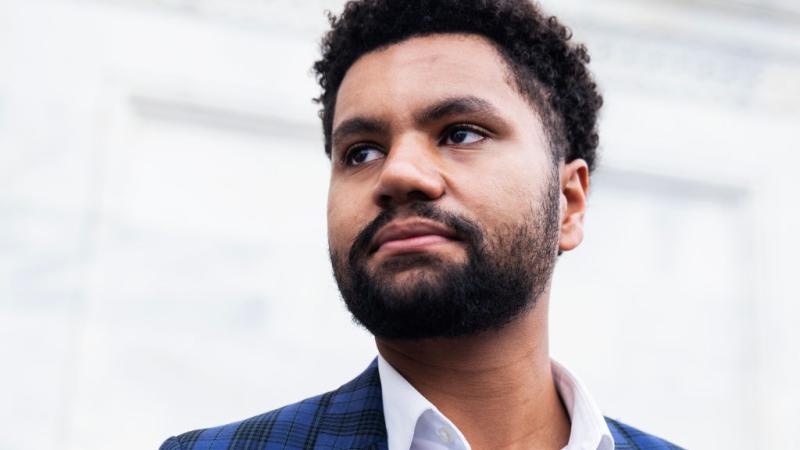Judge pauses release of part of memo cited by Barr in decision not to charge Trump with obstruction
The judge granted the Justice Department's request to pause the order mandating the disclosure of the full memo.
A judge has ruled that the Justice Department does not need to disclose the second portion of a memo cited by then-Attorney General William Barr in choosing not to charge then-President Donald Trump with obstruction.
The Washington Times reported that judge Amy Berman Jackson granted the department's request to pause the order mandating the disclosure of the full memo, which contends there was not enough evidence to prosecute Trump with obstruction.
The first portion of the memo was previously released to the public. The judge noted that the DOJ required time to appeal the order since "without a stay, the battle would be lost before it begins."
"While there may be some additional public benefit in revealing the contents of Section II, the Court will not deny the Department the opportunity to challenge its ruling in order to advance that interest at this time," the ruling says, according to the outlet.
The memo was crafted by the Office of Legal Counsel following the release of the Mueller report regarding if Trump had obstructed justice in the Russia probe, according to the outlet, which noted that Barr reportedly asked OLC to create a legal opinion on the issue.
The judge pushed back against the notion that the memo represented justification for Barr's choice to clear Trump.
"DOJ suggested that it was the Barr Memo that prompted the Attorney General to speak, when it appears that the decision to speak prompted the Barr Memo," she wrote.
"The Court found — given the unique circumstances surrounding the drafting of the Barr Memo, including the timing and joint nature of its creation, and the unique issues presented by DOJ‘s pleadings, including the inconsistencies between the declarations and the memo itself — that DOJ failed to meet its burden to establish that the record was protected under the established law governing the privileges it asserted," the judge wrote.

